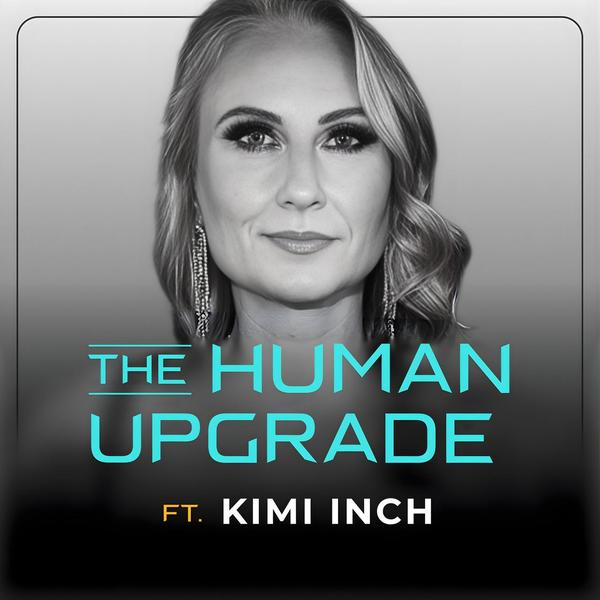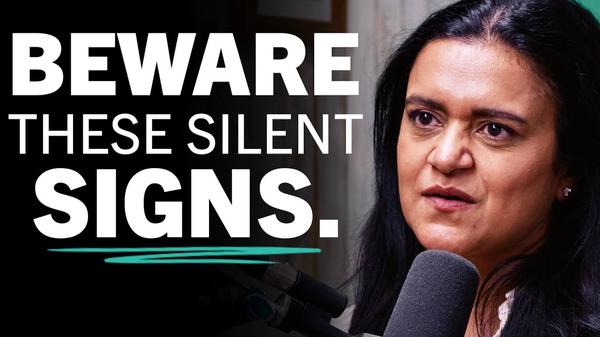Understanding the Impact of Chronic Stress on Your Brain | Dr. Robert Sapolsky
Mark Hyman
Oct 16, 2024
Mindsip insights from this episode:
Recognize luck in your capacity to change habits
Your capacity to change your habits is not a matter of willpower but depends on having the right neurobiology and life conditioning, which is a form of luck.
Recognize behavior is shaped by biology, genetics, and experiences
Your behavior is determined by a combination of your biology, genetics, and life experiences, leaving no room for what we traditionally call free will.
Manage environment to mitigate stress-related gene vulnerabilities
Stress-related genes don't doom you to a disorder but create vulnerabilities that are expressed only if you experience the wrong type of environment.
Prioritize social bonds over status for better health
For baboons, having a lot of grooming partners results in a healthier body than being a high-ranking male.
Recognize stress dynamics in social hierarchies for better management
A baboon's stress hormone levels are much higher when fighting a lower-ranking challenger (a threat) than when challenging a higher-ranking individual (an opportunity).
Recognize permanence of brain damage from long-term depression
Unlike hippocampal shrinkage from the disease Cushing's, which can recover, the brain atrophy from long-term major depression appears to be more permanent.
Manage chronic stress to reduce brain inflammation
While high doses of cortisol are known to be anti-inflammatory, chronic stress is actually pro-inflammatory in certain parts of the brain like the hippocampus.
More from
Mark Hyman
You also might be interested in
The Hidden Damage That Happens "Behind-The-Scenes" In The Adult Entertainment Industry, With Former Adult Actress Felicity Feline
How to Set & Achieve Goals | Huberman Lab Essentials
The Science of Erotic Altered States | Biohacking Sex
Neuroscientist: If You’re Feeling THIS, You’ve Lost Touch With Your True Self
Neuroscientist: If You Feel THIS, You're Living the Wrong Life (Unlock The One You're Meant For)









